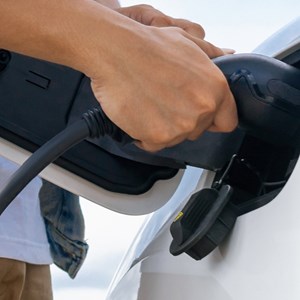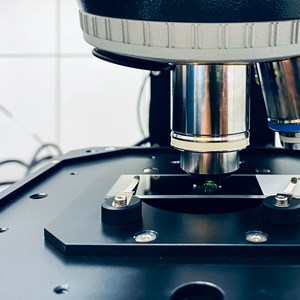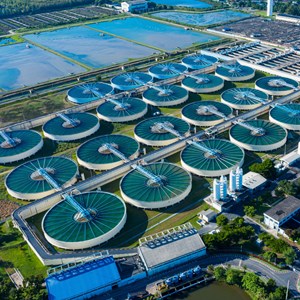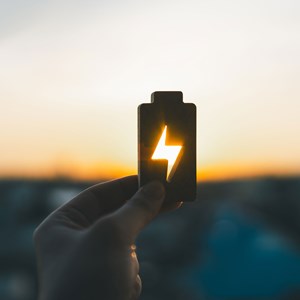NEWS

In dynamic market environments, there is frequently a need for the swift creation of a reference document to streamline interoperability and compatibility, boost the adoption of innovative solutions, and pave the way for further advancements.

This workshop is motivated by the currently ongoing Horizon 2020 AGRO2CIRCULAR project (TERRITORIAL CIRCULAR SYSTEMIC SOLUTION FOR THE UPCYCLING OF RESIDUES FROM THE AGRIFOOD SECTOR), whose general objective is the implementation of the first territorial systemic solution for the upcycling of most relevant residues in the agrifood sector (fruits&vegetables and plastic multilayers) into high added value products, powered by a digital tool and constructed upon a systemic approach with high replicable/scalable potential.

The objective of forensic methods is to obtain results with a measurement quality relevant (e.g., consistent, reliable and accurate) for the criminal justice system. This means that during the introduction or implementation of new forensic methods/technologies a specific step must be taken to prove in an objective way that the method is suitable for its intended use.

The Smart Readiness Indicator (SRI) calculation is an auditing process aiming at assessing the automation and control aspects of building. It requires a structured chronological sequence and corresponding obligations in terms of scope, aims and thoroughness. The SRI assessment requires inspection both of physical and operational aspects of building technical systems, including automation and control of building services.

The CEN-CENELEC Workshop on ‘Innovative solutions for user centric charging infrastructure for electric vehicles' was kicked off on 7 July 2023.

Standardisation of Raman devices and Raman data spectroscopy is receiving strong interest in recent years due to the broad expansion in number and type of Raman devices and the need to assure data exchange and data consistency along devices and the across different units and sampling configurations.

The EU-funded Sea4Value project (GA no. N°869703) is the first attempt to recover minerals and metals from brines produced in seawater desalination plants in a cost-effective way.

This CEN/WS intends to develop a CWA (Workshop Agreement): Tentative title: ” Aluminium And Its Alloys. Fluidity Evaluation Via Multi Strip Testing Moulds”

The Horizon Europe research projects PROMISCES, ZeroPM and SCENARIOS all aim at developing solutions to tackle the various challenges concerning the detection, risk assessment, remediation, and prevention of PMT (persistent, mobile, toxic)/vPvM (very persistent, very mobile) substances from entering the soil-sediment-water system. The CEN Workshop Agreement (CWA) is intended to present a collection of these solutions and is targeted at all stakeholders active in the field of PMT management, whether they are researchers, public authorities, problem owners, water utilities, soil/brownfield actors or companies developing market-ready solutions.

This workshop is motivated by the currently ongoing Horizon 2020 InComEss project whose objective is to develop efficient smart materials with energy harvesting and storage capabilities combining advanced to harvest electrical energy from mechanical energy and/or waste heat ambient sources.